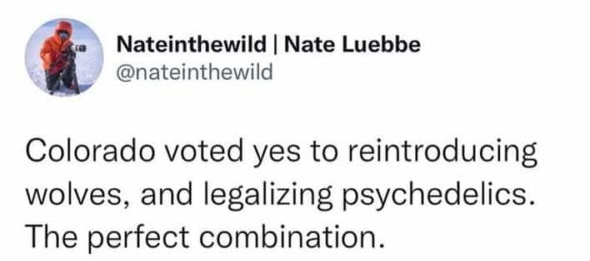Good Monday Morning
Welcome back. It’s November 28. Breaking late Sunday was news of yet another mass shooting. One person is dead and four others are injured at Florida A&M University in Tallahassee. There have been 652 mass shootings nationwide since Jan. 1, an average of one every 12 hours.
Today’s Spotlight is 805 words — about 4 ½ minutes to read.
Spotlight On … Companies Behaving Badly
A new year often prompts us to reexamine our financial decisions. We have compiled a list of warnings and examples of companies behaving badly online.
Internet pricing is confusing and suffers from a lack of competition.
A Consumer Reports study published just before Thanksgiving found that internet service providers often charge additional, confusing monthly fees that can reach $9.95 and may be avoidable. About half of the bills they studied came from companies with no competitors.
Websites disguise ads, hide terms, or make it difficult to cancel.
In October, the FTC warned about all companies behaving badly using the jargony term “dark patterns”, citing subscriptions that are hard to cancel, opt-outs that protect private data being hidden, and disguised ads. Despite being owned by Amazon founder Jeff Bezos, the Washington Post created an impressive graphic showing disguised ads on Amazon.
According to the FTC, Credit Karma falsely represented that 90% of consumers would qualify or were pre-approved for credit cards when only about 33% did. Those who didn’t also experienced credit score penalties.
Tax software sites shared data with Facebook
The Markup reported that H&R Block and Tax Act returned user income, tax filing status, scholarship information, and refund amounts to Facebook despite Facebook’s program allowing advertisers to easily avoid sending that information.
Auto companies are building features into cars, but only enabling them with ongoing subscriptions.
Mercedes is the latest carmaker to demand subscriptions. It costs $100/month to activate the enhanced acceleration already installed in some Mercedes models. In the past, BMW offered a similar subscription program requiring $18 monthly to activate heated seats that were also already installed.
3 More Stories to Know
1) Google will pay $392 million to settle a lawsuit brought by a coalition of 40 states over its Location History data collection policies.
New and inconclusive: security researchers from Mysk claim that Apple usage data includes a permanent, unchangeable ID number assigned to each consumer.
2) Ransomware hackers targeting a Belgian local government instead hacked a Belgian police department. The police claim that only administrative or personnel records were exposed. Apparently unrelated was a cyberattack on the European Parliament’s website last Wednesday that made it unavailable for several hours.
3) Anti-vaccination content is gaining traction on Twitter under new ownership, as entities have purchased the once-prestigious “verified” status for $8. According to The Guardian, vaccine scientist Peter Hoetz criticized the move for promoting anti-vaccine disinformation.
Trends and Spends


Did That Really Happen? — Sen. Cornyn Signs Tweet As Sen. Cruz
The Twitter account belonging to Sen. John Cornyn (R-TX) posted a Thanksgiving greeting from fellow Texas Republican Ted Cruz and Mrs. Cruz. The jokes were funny and many pointed out that the lawmakers might share a digital firm that committed the error or that the senator or someone on his staff did a sloppy copy and paste job.
Following Up — 1Password Buying Passkey Company
We wrote last week about passkeys, the next evolution of security beyond passwords. Now there’s news that password manager software company 1Password is buying Passage to also offer passkey products.
Protip — Remove Your Home’s Image from Google Maps
You’ve probably seen street-level views on Google Maps that show you pictures of each building. Now there’s an easy way to request that Google blur the image of your house from its Maps software.
Screening Room — US Cellular’s Poignant “Right Number”
Science Fiction World — Robots Cleaning Skyscraper Windows
Israeli firm Skyline Robotics has introduced Ozmo, a window cleaning robot for skyscrapers that operates without people aboard or the previous 10 story height restriction. This articles shows Ozmo in action at the 15 story RXR plaza in Uniondale, NY.
Coffee Break — Free Palm Pilot Apps Online
The amazing Internet Archive strikes again with a new Palm Pilot emulator and access to more than 500 apps that will work on your smart phone. Sean Hollister at The Verge says it best: “You can reach out and touch a 1996 pocket computer with your 2022 pocket computer and it works like a charm. It’s a tiny interactive window into the pre-iPhone era.”
Sign of the Times







